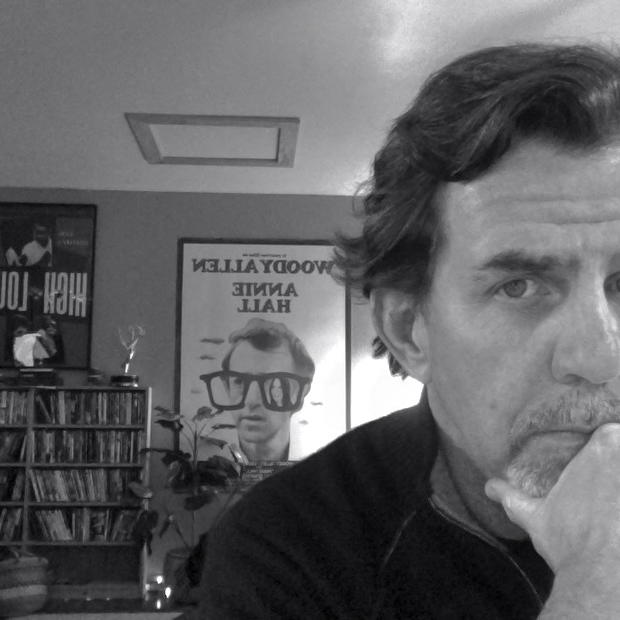The Rover is a post-apocalyptic, Outback western that barely arrived in local theaters before vanishing into the dust. It is now on home video, where one can perhaps better appreciate the film's somber pacing, moody soundtrack and grimly compelling atmosphere. Its two main characters, however, remain stubbornly inscrutable; motivated by an unconvincing alliance that leaves nothing but bullet-ridden bodies and unanswered questions in their wake.
Guy Pearce, who could invest the drinking of a can of Fosters with a gripping backstory, plays a Man-With-No-Name type whose car is stolen by bandits fleeing a botched robbery. He trundles through the movie in shorts and low-rise hiking shoes, his mangled gait and acid-burned haircut suggesting an unspeakable past, one which leaves him either on the verge of tears or susceptible to cold spasms of violence.
The car itself is nothing to write home about, but Pearce is determined to get it back, for reasons left unexplained until the movie's final minute. He quickly confronts the car thieves, catching up to them in the thieves' own abandoned truck. At this point, a simple swap could have avoided the standoff and ensuing 90 minutes of bloodshed, but the film's director, David Michôd isn't troubled by these narrative inconsistencies. Many times during The Rover the fictive realities of the plot are brushed aside for the sake of set pieces, most of them ending in slaughter, some ending with a shrug.
Pearce is accompanied by a brother of one of the bandits, left for dead at the earlier scene of the crime. Robert Pattinson plays him as a mentally disabled, innocent bumpkin, with an odd accent sounding more Arkansas hillbilly than Sydney simpleton. His performance is alternately spellbinding and irritating. But at no point is his reason for turning against his brother made plausible, which results in a puzzling buddy movie. There are moments of quiet intimacy and reflection on their perilous sojourn together, but too often you're left to wonder how anyone is surviving in this parched landscape, as well as how everything got so grim in the first place.
The Rover opens with on-screen text locating us in Australia 10 years after the collapse, which has left a dystopian wasteland behind, although one with plenty of weapons, water and emaciated wastrels eking out a tenuous existence. The best parts of the movie are the encounters Pearce has with these freaky hangers-on, including a woman willing to rent out her adolescent grandson for sex, and a dwarf playing dominoes with two Asian skinheads. Michôd certainly has a fondness for these doomy, menacing cameos, as well as an unexcitable command of montage. His scenes play out in an unhurried style, with several small moments of black humor.
These qualities were on display in his first film, the Down Under crime saga Animal Kingdom, which promised new twists on old ideas but ended up as a conventional tale of corrupted innocence. Michôd is working in a better setting with a more beguiling story this time around. Even though the movie fails as an emotionally captivating scenario, it succeeds as an absorbing visual drama. Pictures tell a thousand words in this portentous, ruined world, and one thing they tell us is that the Outback is more than just a steakhouse.
This review first appeared on The Restless Critic blog.



